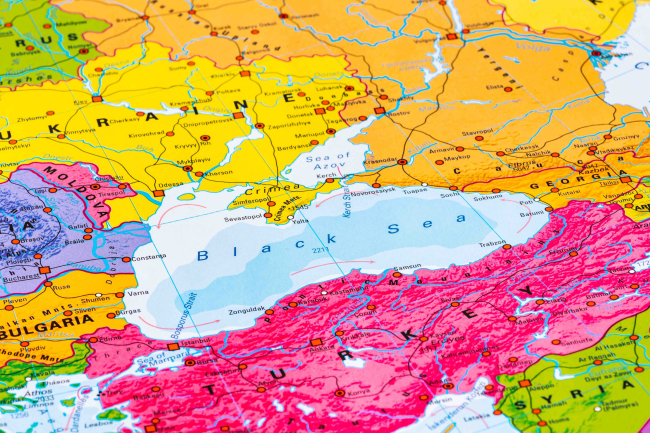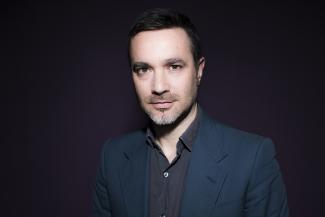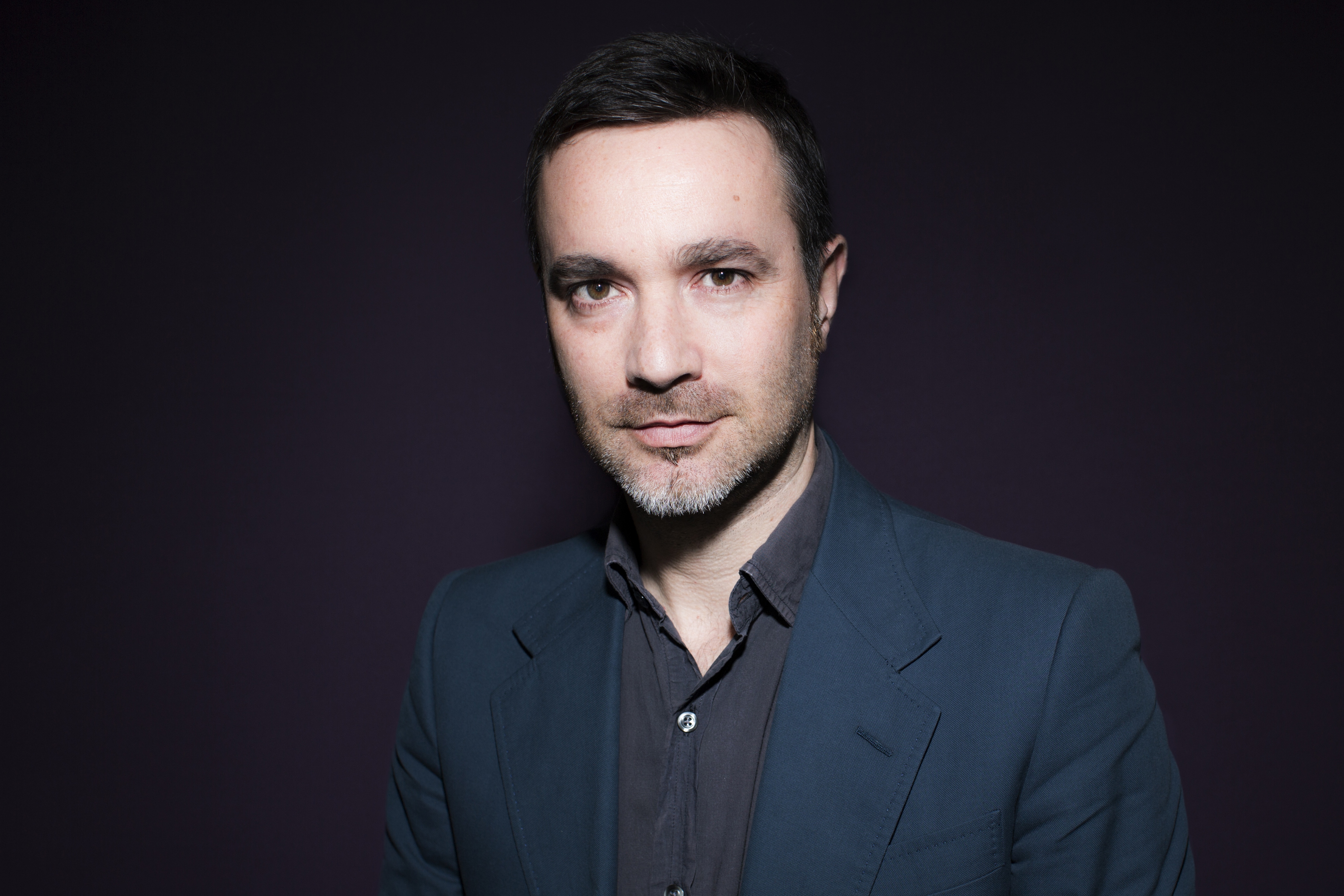Anglo-French dialogue - "What is the cost of the non-regularisation of undocumented migrants?"

Practical information
First Meeting of the Anglo-French Policy Dialogue on Regularisation and Co-Development: "What is the cost of the non-regularisation of undocumented migrants?".
A project by Ifri in collaboration with the Barrow Cadbury Trust, under the supervision of Dr. Christophe Bertossi.
One main objective of the European Pact on Immigration and Asylum is to put an end to systematic and collective regularisation of undocumented migrants by some countries. These regularisations are perceived by some Member States as mutually contradictory national migration policies in a European space without internal borders (Schengen). Instead, the Pact proposes a "case-by-case regularisation" policy.
These contradictions have been addressed mainly through two different perspectives. A first approach emphasises the difficulties for one country to regularise undocumented migrants while others do not, but it cannot envisage what policy would be the most adapted at a European level (regularisation or not?). The second approach highlights how crucial regularisation is in dealing with the de facto presence of undocumented migrants in Europe, but does not take into account how sensitive European public opinion is regarding these issues (how could regularisation be made acceptable by European public opinions of Northern European countries?). As a result, it is far from sure that a non-regularisation policy is viable in Europe. It could even be counter productive.
Consequently, the project proposes a dialogue about the complex issue of irregular immigration and help deconstruct the rationale behind regularisation/non-regularisation policies in European countries. It highlights the specific imperatives each state has to face (respective policy choices, labour market situation, etc.). It also reveals the underlying costs and benefits of each of them, with an emphasis on both the receiving societies and the undocumented migrants in Europe.
Speakers
Other events

Affirming European Security in Ukraine and the Black Sea Region
European security has been challenged in 2022 with the full-fledged invasion of Ukraine by the Russian Federation.

Post-war Europe: How to Redefine a Security Architecture Within a New Transatlantic Framework?
A new European security architecture has to be built. The question is: will this happen with or without Europe? The US President, Donald Trump, who returned to the White House a little more than two months ago, and the President of the Russian Federation, Vladimir Putin, have initiated talks to put an end to the war in Ukraine, with the possibility of Ukraine ceding territory to Russia being raised.

Doing Politics in African Cities: Actors, Causes and Forms of Urban Social Mobilization
From Maputo to Nairobi and from Lagos to Dakar: recently, African cities have been the theatre of mobilizations by groups of young protesters.










